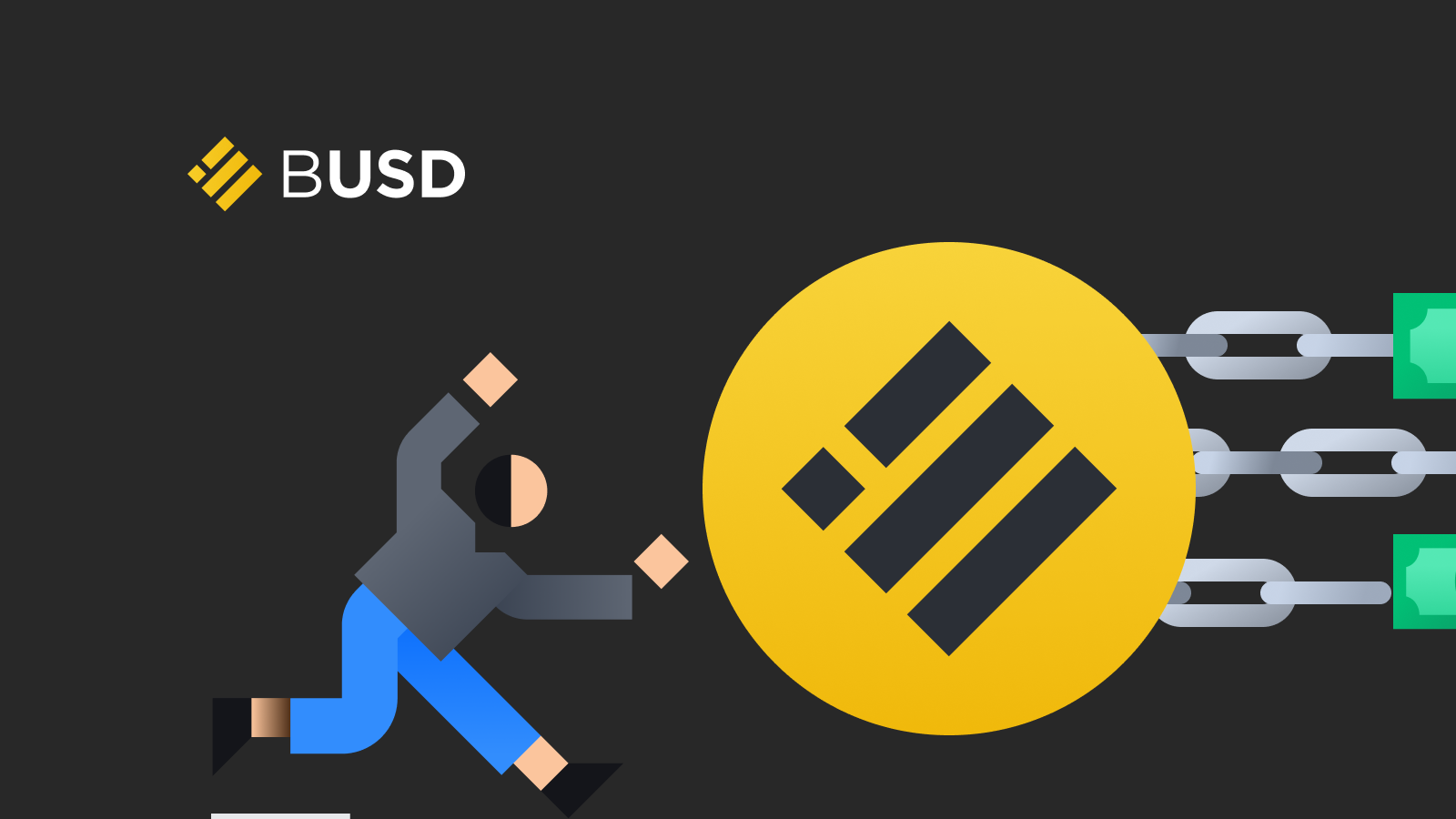In the world of cryptocurrencies, the emergence of decentralized exchanges (DEXs) has sparked a paradigm shift in how digital assets are traded. Traditional centralized exchanges have long dominated the landscape, acting as intermediaries and custodians of users' funds. However, decentralized exchanges have quickly gained popularity by offering a new approach to trading that prioritizes security, transparency, and user empowerment.
Decentralized Exchange Software Development
Decentralized exchange software development refers to the process of creating and building the underlying technology and infrastructure for decentralized exchanges (DEXs). A decentralized exchange is a type of cryptocurrency exchange that operates on a blockchain network and utilizes smart contracts to facilitate peer-to-peer transactions without the need for intermediaries.
Decentralized exchange software development involves several key elements:
Smart Contract Development: Smart contracts are self-executing contracts with predefined rules encoded on the blockchain. In the context of decentralized exchanges, smart contracts play a critical role in automating and securely executing trades. Developing smart contracts that handle order matching, asset transfers, and other trading functionalities is a fundamental aspect of DEX software development.
User Interface (UI) and User Experience (UX) Design: Creating an intuitive and user-friendly interface is crucial for attracting and retaining users on a decentralized exchange platform. DEX software development includes designing the UI and UX elements that allow users to interact with the exchange, view market data, place orders, and manage their assets seamlessly.
Order Book and Matching Engine: The order book and matching engine are core components of a decentralized exchange. The order book keeps track of buy and sell orders placed by users, while the matching engine matches compatible orders to facilitate trades. Developing an efficient and robust order book and matching engine is essential for providing a smooth trading experience on the DEX platform.
Wallet Integration and Security: Integrating cryptocurrency wallets into the decentralized exchange software is crucial for users to securely manage their funds. DEX software development involves implementing wallet integrations that allow users to connect their wallets, securely sign transactions, and maintain control over their private keys. Ensuring robust security measures, such as encryption, multi-factor authentication, and audit trails, is of utmost importance to protect user assets and data.
Liquidity Solutions: Liquidity is a key factor for the success of any exchange. DEX software development may involve implementing liquidity solutions such as decentralized liquidity pools and automated market makers (AMMs). These mechanisms enable users to trade assets even when there may be limited direct counterparties, enhancing liquidity and market depth on the decentralized exchange.
Testing, Deployment, and Maintenance: Thorough testing of the developed software, including security audits and performance testing, is essential to identify and mitigate potential vulnerabilities or bugs. Once the software is deemed stable and secure, it can be deployed on the chosen blockchain network. Ongoing maintenance and updates are necessary to address any emerging issues, implement new features, and adapt to evolving market and regulatory requirements.
Why Choose Hivelance for Decentralized Exchange Development?
In conclusion, Decentralized Exchange Software Development is a critical process that involves building the underlying technology and infrastructure for decentralized exchanges. At Hivelance, we take pride in being the leading force in decentralized exchange development. With our extensive experience in DEX solutions, smart contract creation, and blockchain technology, we are at the forefront of shaping the future of crypto trading. When it comes to decentralized exchange development, we go beyond just creating a functional platform. We strive to provide a seamless and intuitive user experience, ensuring that traders can navigate the DEX effortlessly and execute transactions with ease. Our UI/UX designers work closely with our development team to create interfaces that are visually appealing, user-friendly, and optimized for efficiency.





